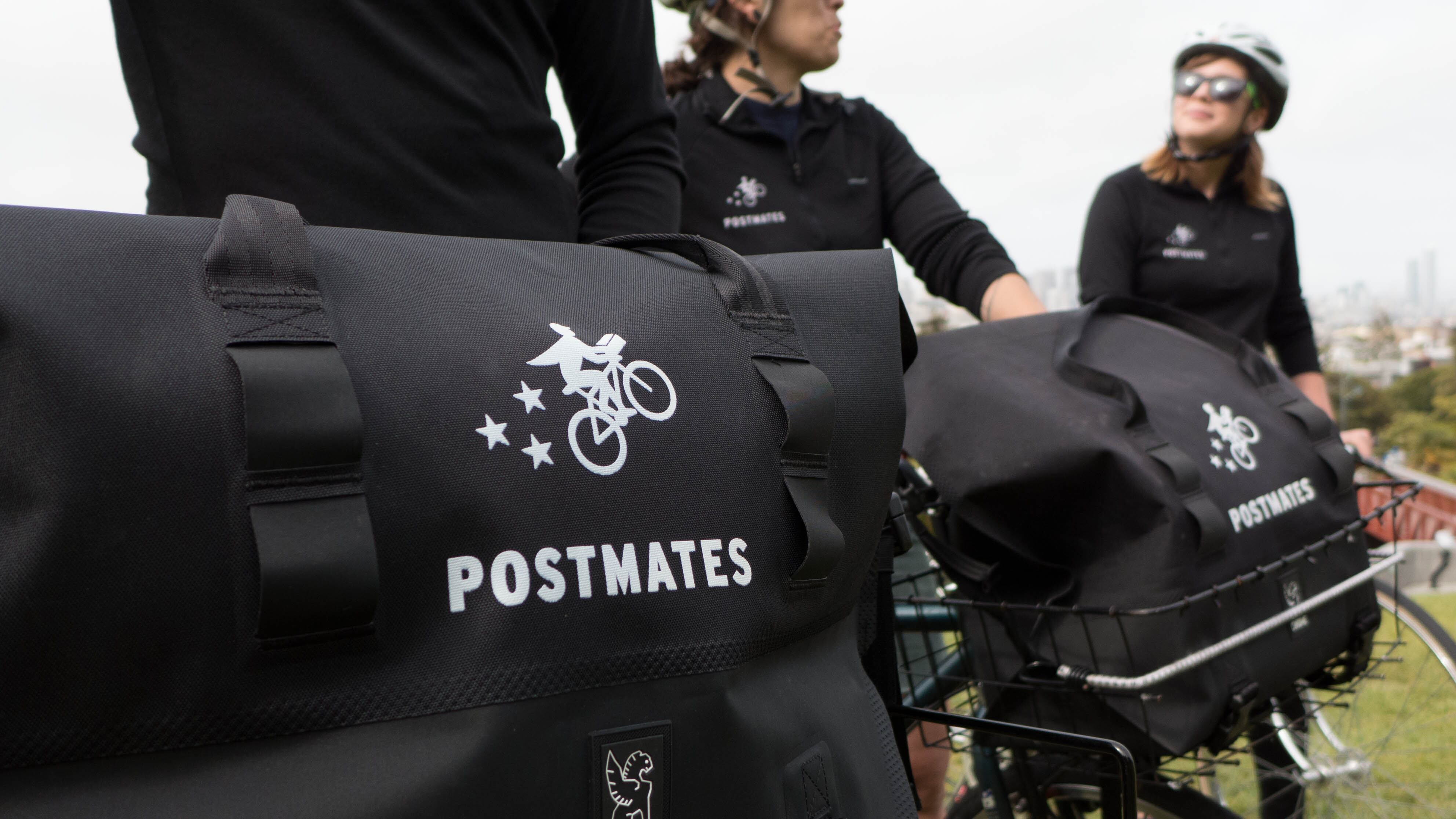Postmates drivers might not accept your Salt & Straw order on Saturday.
That's because Portland contractors for the food delivery service plan to join a nationwide protest of a recent pay cut by only accepting "blitz mode" deliveries—which are similar to Lyft or Uber surge pricing. (When there are more orders than there are drivers, Postmates shells out extra to incentivize its contractors to get food to customers.)
Workers say the company cut pay on May 18 by about 30 percent. The June 15 protest is an attempt to force a raise by refusing jobs that aren't in blitz mode.
"The goal of the Blitz Up is to literally make Postmates pay more for the day and make our demand for higher pay a reality," organizers of the protest wrote.
A spokesperson for Postmates says the company encourages workers to "express their direct feedback on products, policies, and standards across the platform," and that it is meeting with the group organizing the protest to "balance worker protections with worker flexibility in this new era of work."
The protest provides an illuminating window into the lives of gig-economy workers, who work as contractors for online delivery services like Postmates, Caviar and DoorDash; drive cars for Uber and Lyft; or recharge electric scooters when the batteries run out.
Jeffery McAllister, a local Postmates delivery person, says the pay cut means he no longer gets a base pay of $4 per order, and that he gets paid less for time spent waiting or in transit.
McAllister, 45, works for Postmates full time and says where he was making about $4.50 per delivery he now only gets about $3.30. He works for around 10 hours per day and completes around 10 to 12 deliveries.
"This is part of the path of salvaging my life," McAllister says of his work for Postmates. "I was one of those troubled kids that got into drugs and became homeless. I'm getting my life back together."
"I've had a long, tough life," he adds, "this is the material end of my self-betterment program, so to speak."
Similar protests took place nationally in January, when workers with Instacart, a service that delivers groceries to your door, learned that the company was using tips to subsidize earnings.
